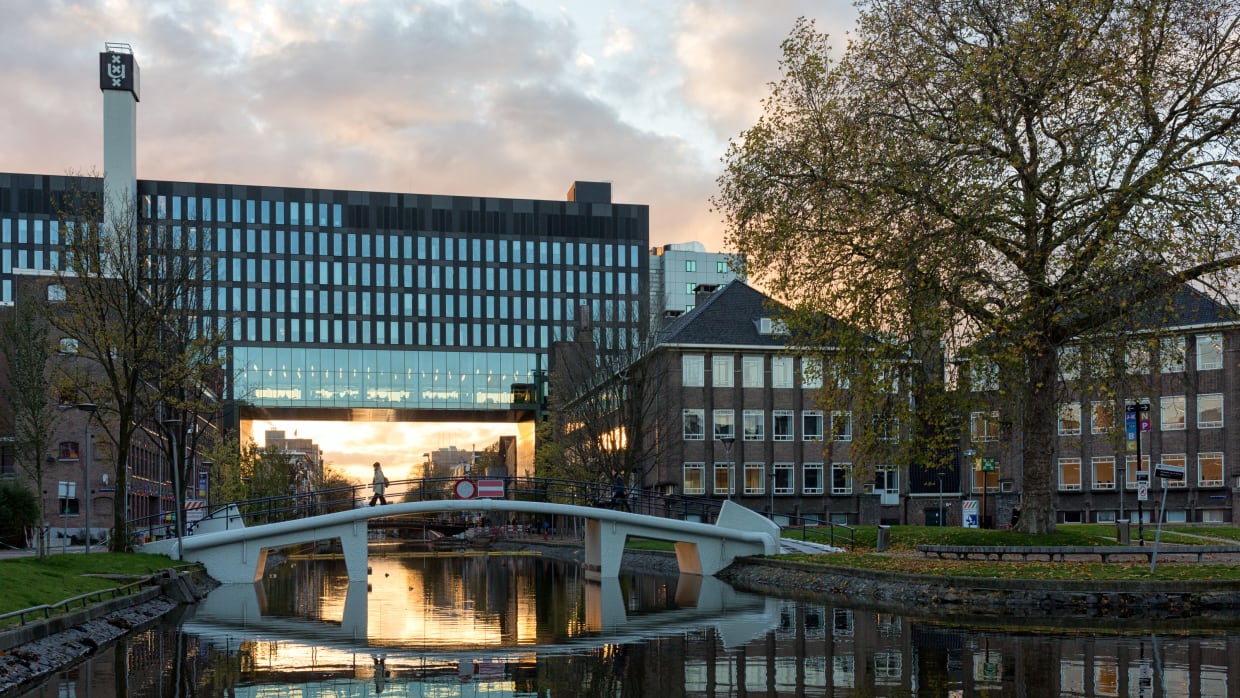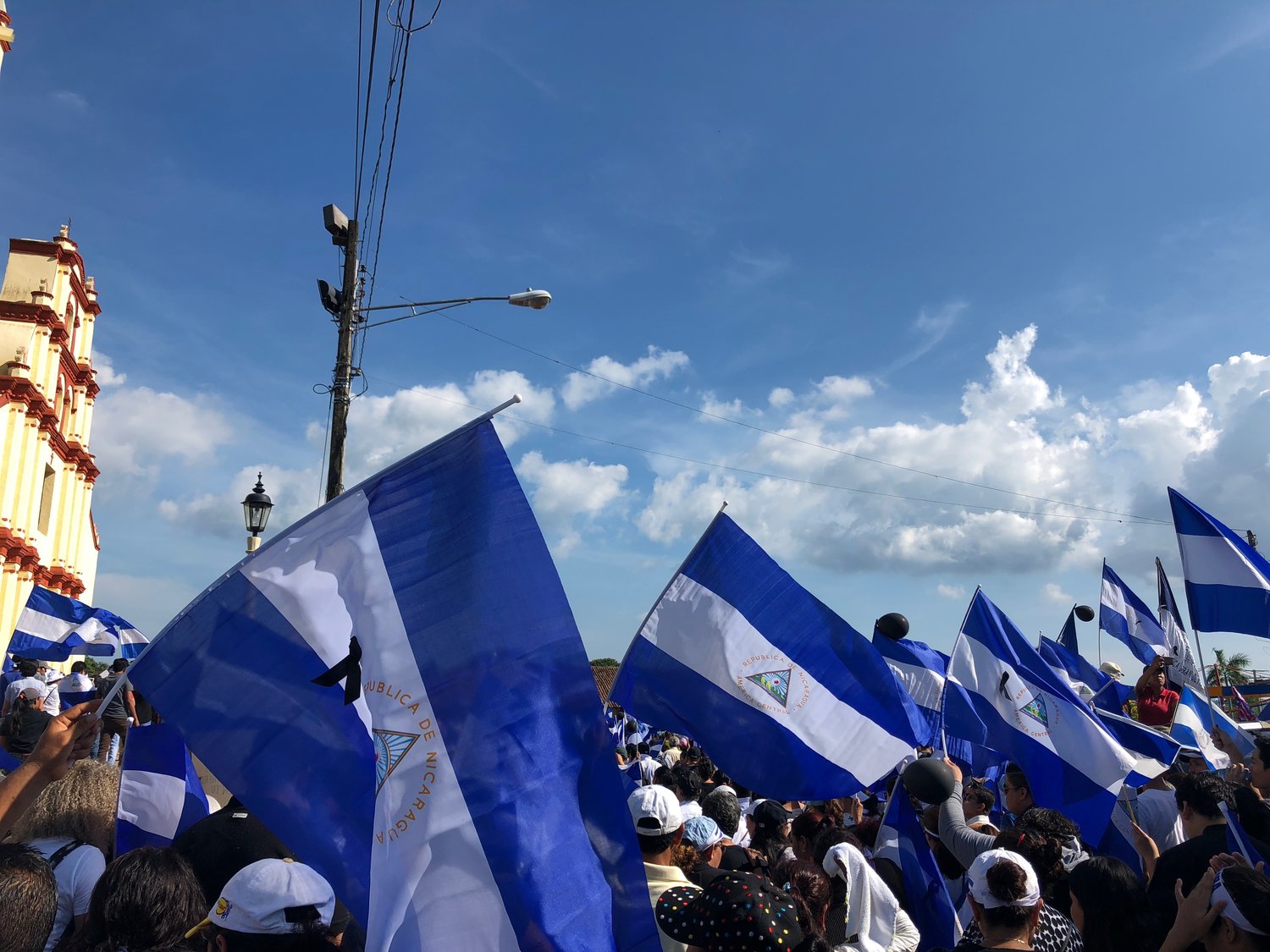While in Madrid last August, I found small reminders of Nicaragua everywhere. The heat became almost unbearable by noon, and most locals avoided being out in the scorching sun. Occasionally, you could overhear someone speaking Spanish with a Latin American accent, and if you looked up, you’d see the streets were decorated with little flags that stretched between the houses, just like in my hometown. But most importantly, those warm days were spent with Silvio, an old family friend.
As a little girl in Managua, I could not have been less interested in the long conversations between him and my mom. Years later, I came to find a teacher and a friend in Silvio – someone with whom I shared interests and could talk to for hours about Nicaragua. He had left years before the country became engulfed in a socio-political crisis. Due to his critical stance of the government, the regime made it impossible for his Spanish wife to get a job permit to stay in the country, forcing them to move. As we spoke about the situation, I mentioned in passing that I was looking for an internship, and that I was most interested in journalism. Without making any promises, he asked me to send him something I’d written.
For me, the direction I wanted to take with my internship had been clear since before I started studying Communication Science. I was in Nicaragua when massive demonstrations broke out against the government in 2018, which escalated from small protests against a social security reform into a national movement to demand the president to step down from power, due to the state repression that left hundreds of protesters dead. Shortly after coming back to the Netherlands, news broke that friends of mine had been arrested for their participation in the protests – making them part of a long list of hundreds of political prisoners. Not knowing what else to do, I started writing about the situation in English and created a blog. After our conversation in Madrid I sent the link to Silvio, who got in touch with a friend of his – Carlos Fernando Chamorro, journalist, founder and director of Confidencial and two television programs called Esta Semana and Esta Noche. He reached out to me a few days later, and I started working soon after.
In the 90’s, my grandfather would buy the magazine version of Confidencial every time he drove from our hometown to Managua. But now, the news medium exists exclusively online, reporting from their website, social media accounts and a YouTube channel. Aside from the pandemic – that prevents me from returning to my home country, working from an office, and meeting with coworkers – the journalists at Confidencial face another challenge. Censorship is so severe that much of the staff has left the country for their own safety, and the government ordered an assault on the offices which have been occupied by police since 2018. As Carlos Fernando puts it: “Our newsroom is not within the four walls of a confiscated office, but in the minds and hearts of reporters, in the commitment of journalists to report the truth at any cost, without submitting ourselves to censorship.” Contributing to the powerful work that Confidencial puts out continues to be a gratifying experience that fills me with satisfaction and makes me feel closer to home.


